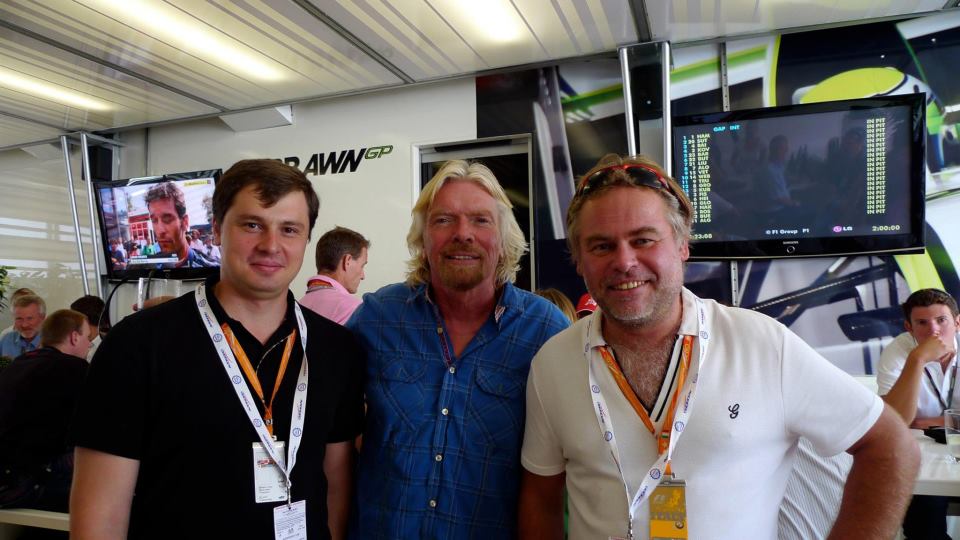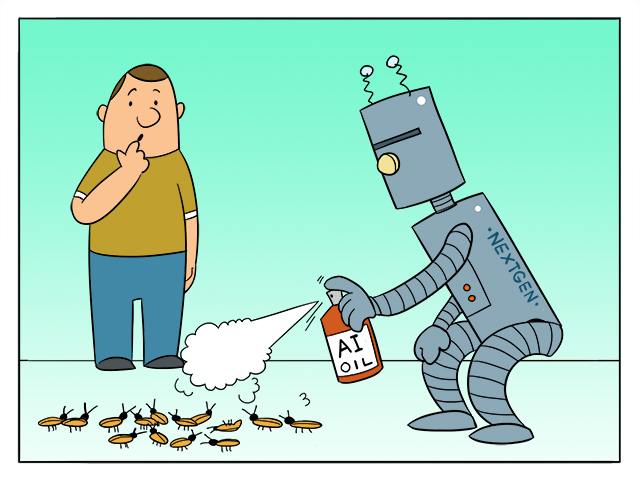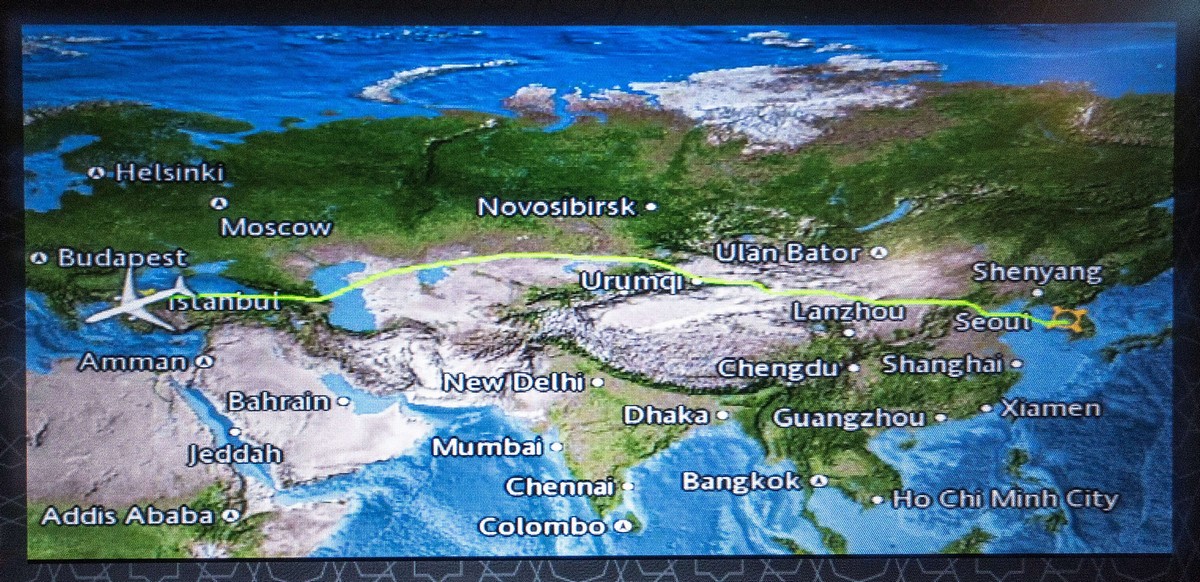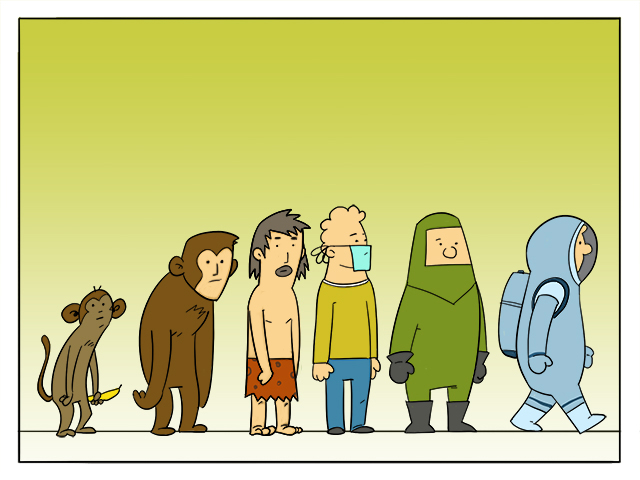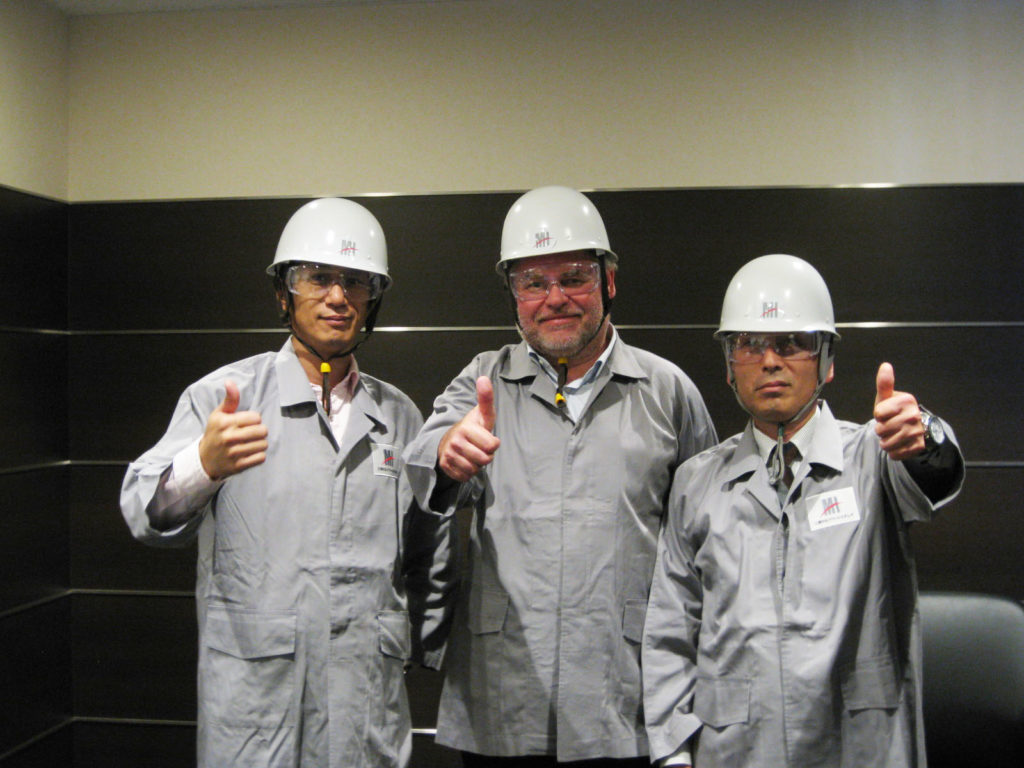May 31, 2016
Diversity in Asia: Enough to Phase Ya.
All countries and the people who live in them are different. I think we’re all clear on that. Some countries and peoples differ from others more so, others less so. History, religion, traditions, customs, business – all have different grades of differentness. Business differences can stretch from one end of the spectrum to the other – from liberality and business freedom to strictness and extreme state regulation. Vive la difference! But the degree of diversity across a region can vary…
Let’s take Europe. Or Latin America. Within these regions countries of course differ, but if we step back and view the regions as wholes, we see they’re still in a lot of ways similar. However, that is not the case for one region of the world: Asia. Thing is, many from outside Asia don’t realize this, and make the mistake of thinking Asia on the whole is much like Europe is on the whole – only Asian. It isn’t. No way. Asian countries differ from each other much more than, say, France and Germany, or Paraguay and Peru. Even Brazil, the USA and Spain resemble each other more than, for example, India, South Korea, and Indonesia. Over in Asia, things are a lot more variegated. Which makes it all the more interesting…
I get a real kick out of the diversity of impressions, traditions, and business rituals in Asia. Even the basics are strange yet crazy cool; for example, how to correctly make folks’ acquaintance and exchange business cards. Yep, I just love Asian diversity and divergence.



